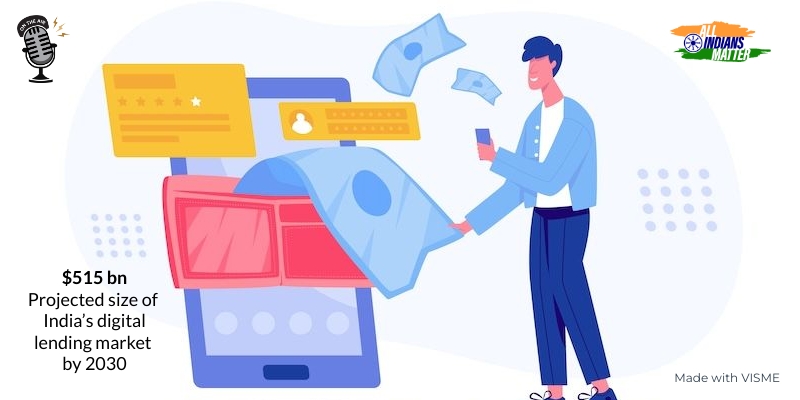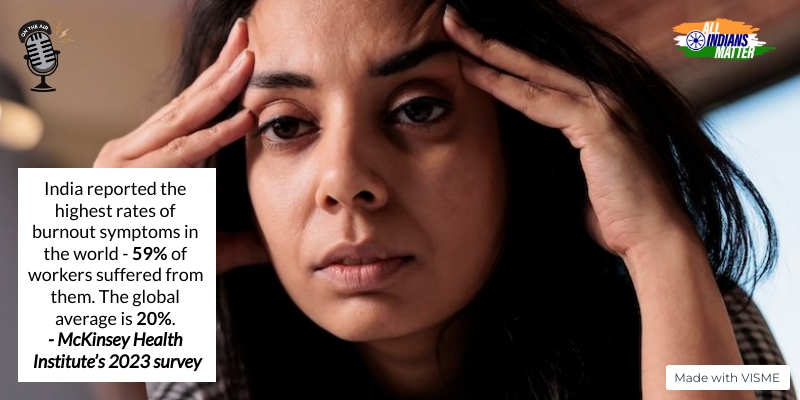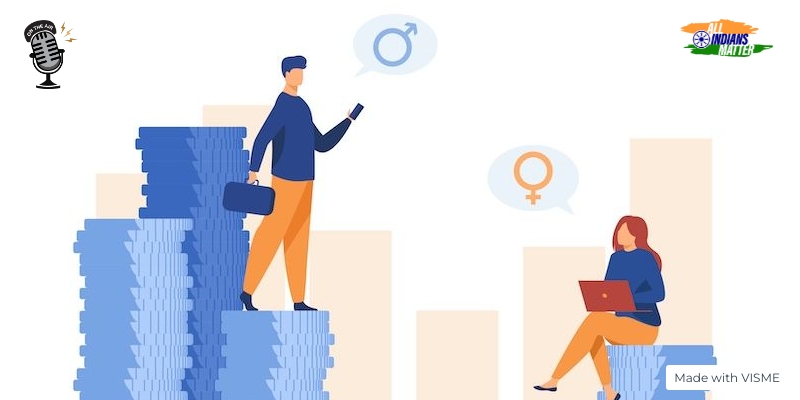Ashraf Engineer
June 24, 2023
EPISODE TRANSCRIPT
Hello and welcome to All Indians Matter. I am Ashraf Engineer.
As the campaign for the 2019 Lok Sabha election got under way, Congress leader Rahul Gandhi proposed a universal basic income, or UBI, for the country. Since then, the UBI has been the subject of much debate and it’s worth analysing its impact if introduced. It is estimated that India spends Rs 9 lakh crore on welfare delivered through thousands of schemes. Those such as the Mahatma Gandhi National Rural Employment Guarantee Act, or MNREGA, are mammoth and have a national footprint. These schemes are difficult to implement, have leakages and often don’t even reach the intended beneficiaries. Besides, they are costly. And, despite all our efforts, we still have more impoverished Indians than the entire population of the US. Here’s where the idea of a universal basic income comes in. What exactly is it and how does it work?
SIGNATURE TUNE
The UBI is a periodic and unconditional cash payment to citizens. It is sent by cheque or directly deposited into an individual’s bank account. There are various ways it can be approached. One way is to send a fixed amount to every individual irrespective of employment status. Another way is to give cash to only the unemployed. A third way is to fix a minimum income for each family – let’s say Rs 10,000. If the family earns less than Rs 10,000, the government would transfer the difference to it. So, if the family income is Rs 7,000, the government would give it Rs 3,000. If the income is Rs 8,000, the family would get Rs 2,000. If the family earns more than Rs 10,000, it would get nothing.
The idea of a UBI has enjoyed a resurgence in recent times, especially after the COVID-19 pandemic, because it is thought to be a far better way of delivering social welfare than any other model.
It’s not a new idea, as many seem to believe. It is thought that the first to propose it was Thomas Paine, who was among the founding fathers of the US, in 1796-97. He proposed “basic incomes” to young people, in their 20s. Since then, various UBI models have been tossed about.
The UBI is a simple social policy that aims to build a financial floor below which no citizen can fall, thus guaranteeing a certain standard of living for even the marginalised and unemployed. The UBI does not dictate how the money should be spent by the beneficiaries– unlike many other direct cash transfer schemes.
The UBI has at its core human dignity and the government’s duty to help citizens. Such a minimum income guarantee has been introduced by many countries during economic emergencies and natural calamities.
Perhaps the reason UBI mystifies people is the lack of understanding of its broad social impact, what it might cost and how it would be financed.
When Rahul Gandhi proposed it, he termed it ‘NYAY’ or the Nyuntam Aay Yojana. Under it, Rs 6,000 per month would be transferred to 25 crore needy people. The plan was endorsed by former finance minister P Chidambaram and later by former Reserve Bank of India governor Raghuram Rajan on the condition that other subsidies were rationalised or subsumed.
By the way, Rahul was not the first person to suggest a UBI in India. It was first suggested by former chief economic adviser Arvind Subramanian in the Economic Survey of 2016-17. The survey proposed that 75% of the population be given Rs 7,620 per annum, using the 2011-12 poverty line as the base. The plan advocated for a fixed sum to each rural household, except those which were “demonstrably well off”. However, it was dismissed by then finance minister Arun Jaitley on the grounds that it would face operational and political challenges.
After Rahul’s proposal and endorsements for it, Economics Nobel laureate Abhijit Banerjee also said India should begin cash transfers of Rs 1,000 per person per month.
Naturally, the UBI is not a one-size-fits-all tool. The underlying rationale is different everywhere. For a poor country like India, the question is whether it is a more efficient social safety net than the existing one. In a very affluent society, the question could be how citizens can get a living wage when technology is taking away their jobs.
Many countries are thinking of or testing out some version of UBI. These include Wales, Japan, Germany and Chile.
Canada provided $1,400 per month to those who lost their incomes due to COVID-19. The US offered citizens $1,200 for individuals or $2,400 for those who were married. When Joe Biden became President, the government distributed $600 to nearly every American adult. Later, fresh legislation offered up to $1,400 for individuals. South Korea issued cash transfers of $820 to citizens and Japan announced cash transfers of $931 per person.
Since 2011, China has had the Minimum Livelihood Guarantee Scheme – essentially, cash transfers to the poor based on a locally set minimum income. During the pandemic, it expanded this to include almost all citizens in the rural hinterland.
So, what’s the case for a UBI in India? Any government would want to ensure a more effective safety net. At the moment, the outcomes of our social protection programmes leave a lot to be desired. Consider this:
- India spends 2% of its GDP, or Rs 9 lakh crore, on core social protection and welfare schemes. There are more than 10,000 of them. Often, the budgeted amount does not even cover administrative costs
- Despite the scale, the schemes often don’t reach the intended beneficiaries
Coverage of the schemes varies widely. A Dalberg survey in April 2020, covering below poverty line families in 10 states, showed:
- Gaps in coverage varied according to the scheme: PDS (15%), Jan Dhan (43%), Social Pension (56%) and PM Kisan (66%)
- These gaps can be blamed on eligibility challenges, lack of awareness and poor administrative procedures
Unconditional cash transfers, on the other hand, are thought to be one of the fairest, most cost-effective ways to tackle poverty and stimulate economic growth. Classical development aid is failing and direct payments might be the solution. The digital payment mode does away with red tape and corruption in the delivery pipeline. Transfer cash to households that need it and let them decide how best to spend it.
It’s not without its challenges, however. In a country like India, if you include every citizen, it would mean high government expenditure. It would also mean that wasteful agricultural subsidies for power, fertiliser and water would have to be phased out. However, that’s not something you can do easily; the political fallout would be immense.
Also, for it to mean anything, the UBI would have to be applicable only to those below the poverty line. By giving cash to everyone, the government would land up diluting it. Instead, it could pay a larger amount to only those who deserve the benefit.
This way, the government need not scrap but retain many of the existing schemes that deliver food security and healthcare. Once the system for cash transfers stabilises, it could give beneficiaries the choice of selecting from different service providers. This would introduce competition in service delivery raising efficiency.
You could add also certain conditions, such as children of the family staying in school up to a particular age with stipulated attendance or pregnant women getting regular check-ups.
Importantly, the assistance should be designed to help beneficiaries overcome unemployment and not become a guarantee for a lifetime of dependence.
So, the cash transfers should go to carefully selected and monitored beneficiaries, and the outcomes should be tracked.
It is no one’s case that the UBI is a silver bullet. But, it’s a potentially game-changing idea for poverty alleviation and social justice. At the very least, it needs a serious and open-minded examination.
Thank you all for listening. Please visit allindiansmatter.in for more columns and audio podcasts. You can follow me on Twitter at @AshrafEngineer and @AllIndiansCount. Search for the All Indians Matter page on Facebook. On Instagram, the handle is @AllIndiansMatter. Email me at editor@allindiansmatter.in. Catch you again soon.






